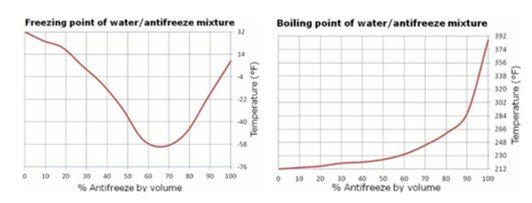Hi All,
Its been sometime since I have been on the forum due to work and other commitments. After sometime and effort I found and solved the overheating issue, A blown head gasket amount other things. The heat exchanger and the two oil coolers were both 80% blocked with what I consider to be the decay of the anodes and of course no maintenance, the exhaust elbow was a stainless steel after market one and was almost 90% blocked, a new genuine cast elbow was purchased, the head gasket had been blown between all cylinders for sometime, the head reconditioning shop had said it had been hot a few times prior to my purchase. The day I had taken her out she finally blew between no5 cylinder and a water jacket, hence why she had compression in the water system.
I removed the head ordered parts from the UK but after 5 weeks waiting I ended up purchasing a good secondhand head and having it fully reconditioned, replaced the heat exchanger and the oil coolers, (oil coolers do not have anodes anymore) put the engine back together and is running beautifully, taking around an hour (18deg water temp) to reach 180c and sits there all day at 8knts.
I brought the boat up by sea from the Hawkesbury river to lake Macquarie on Sunday an absolute beautiful day and a great run. I will say that it was disappointing the previous owner wasn't a bit more honest with the condition and the issues, however in saying that I have learnt so much about the Lehman 2715E engine and the workings of the cooling system and now have a great boat....
It just proves maintenance is a cost saving exercise for trouble free boating...

